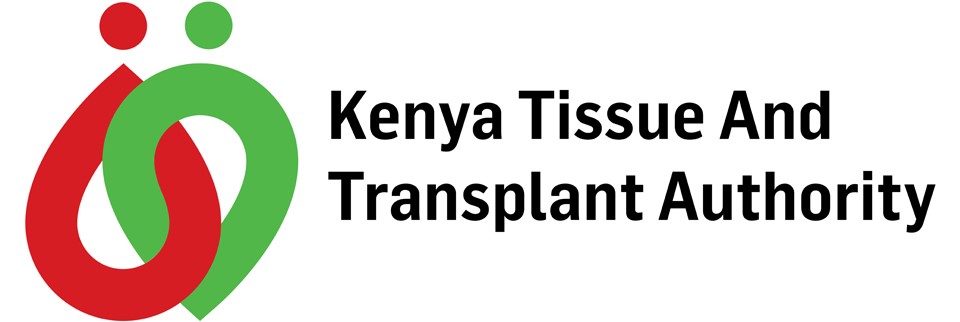TESTIMONY FROM ASHA DAFALLA THE HIGHEST FEMALE BLOOD DONOR 2016.
My name is Asha M. Dafalla, A wife and a mother of three children. I am a community worker at Lavie Foundation, Nairobi. I first donated blood in 1981 when I was in Form 3, I lost consciousness after the blood donation and this kept me away from donating blood again until 1986. My friend and colleague back then, Madam Leah, requested me to accompany her to Mater hospital to donate blood for her brother who had been involved in an accident. My second donation experience was good and it opened my eyes on the importance of blood donation. I have been donating blood regularly since then, starting with once a year, twice and now am at three times a year. I have taken regular breaks when I am expectant and during breastfeeding periods. Donating blood makes me feel good knowing that I have saved lives with a priceless commodity, it gives me great satisfaction.
I got enrolled to the Text for Life platform which reminds me through text messages to my phone when I am due for the next donation. I also feel appreciated and encouraged when I receive a “Thankyou” message thanking me after donation. “Happy birthday” messages makes me more elated.
My husband has now appreciated the importance of donating blood and now accompanies me for the blood donation sessions and he has since become a regular donor. My 21 years old son has since become a regular blood donor since when he attained the age of 19. I have learnt that one needs to be healthy to ensure the safety of his or her blood. I have so far donated 53 times.
I donate blood to give back to my community. I would urge all, men and women to ask themselves, “What did I do for my community”?



